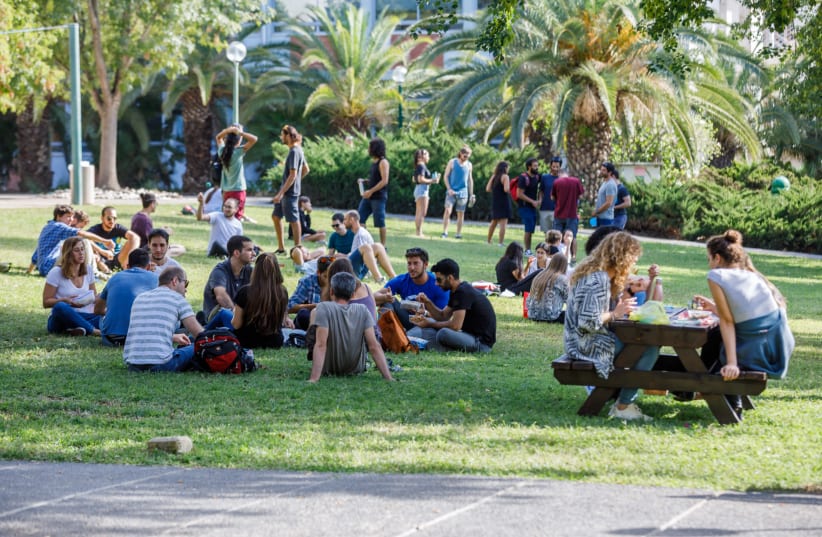Israeli universities enjoy new interest as coronavirus changes equation
While the true increase will only become clear once the academic year begins in October, universities attribute the significant increase in applications to a range of factors linked to the pandemic.
